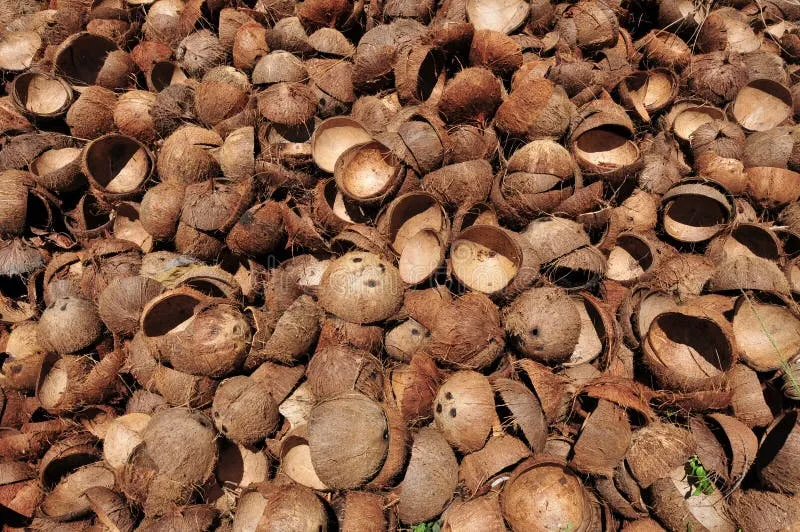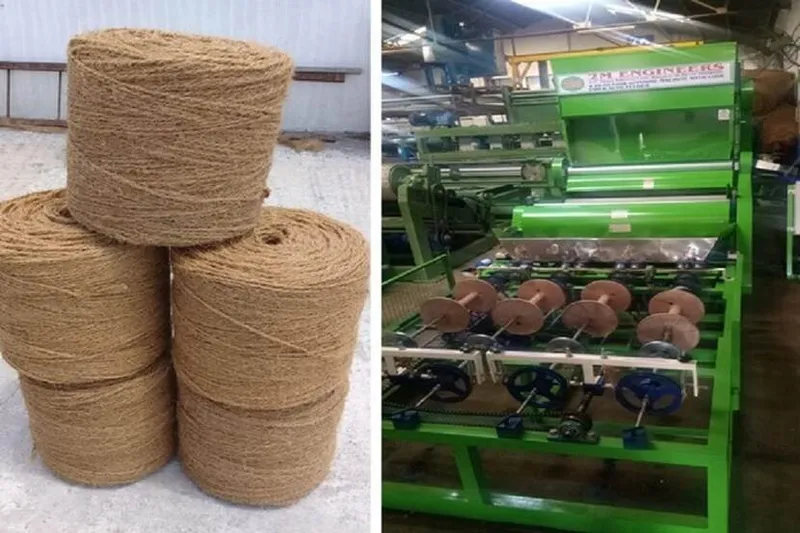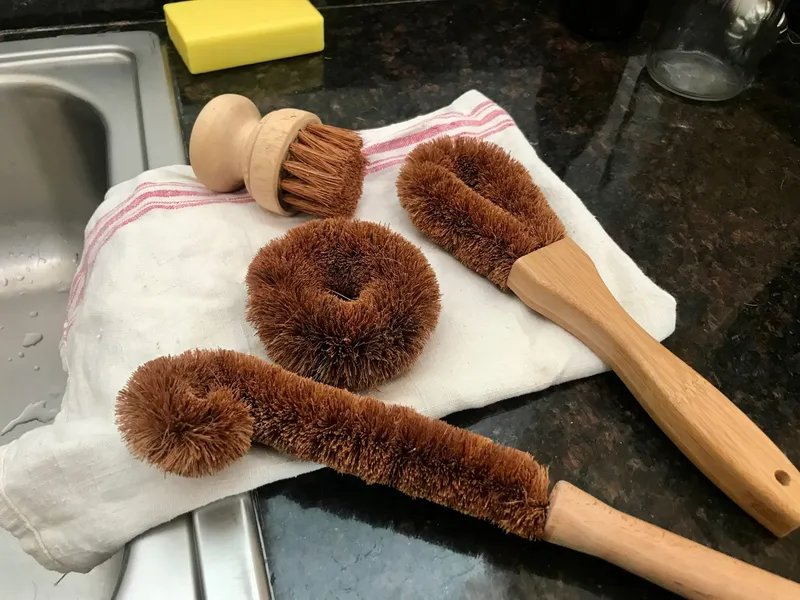Coconut waste
Kilifi, Kenya
- Type of waste
- agricultural
Most of the coconut production of Kenya takes place on the coastal regions. There are approximately 10 million coconut trees in the country. Coconuts produce waste in several points of it's production, from the leaves and husks to the shell or copra meal. However implementing circular economy measures in Kenya is quite complicated since most of the land is owned by the private sector. This hasn't stopped many community and individual led initiatives from seeing the potential of this fibrous fruit.

Cocogrow

Cocogrow was born in 2018 thanks to James Kapombe. The idea was to produce coco peat locally, which is not the usual route to follow as 99% of coco peat in Kenya is still imported from other countries. They currently own an automated machine which coils the fibers which can then be used for gardening, hops, construction, and scaffolding.
EcoCoCo

EcoCoCo is a Kenyan startup producing homecare items form compostable coconut waste. The items will include scouring pads, scrubbing brushes and brooms with coconut fiber bristles. They turn what is usually considered as trash into a new sustainable good for the environment product. The brushes’ and brooms’ body and handles will be made from wood offcuts recycled from timber yards and commercial carpentry. These biodegradable, plastic-free alternatives will significantly reduce the amount of plastic waste produced by each household.